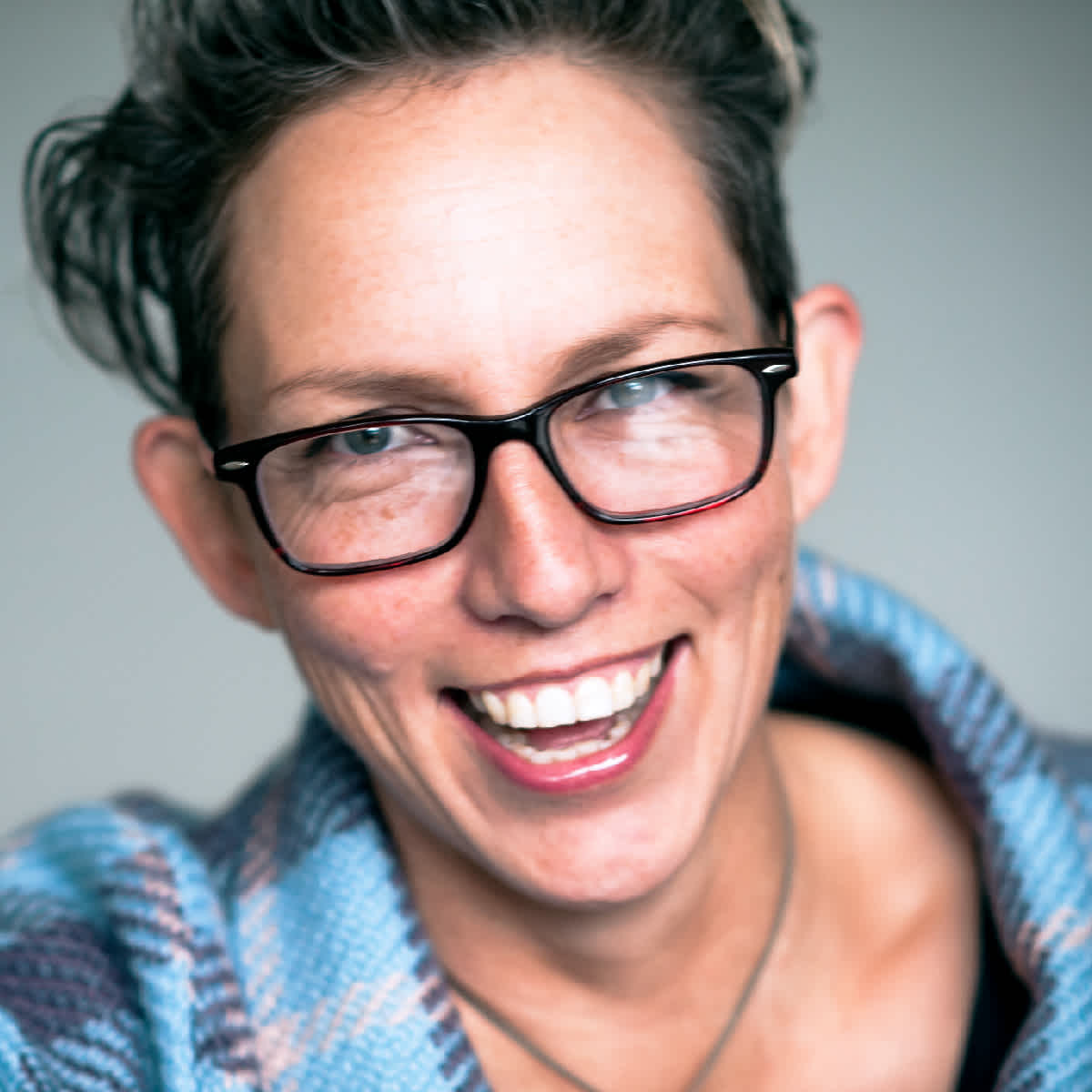Illustration by Marta Pucci
Perimenopause and libido: a personal story

The other day I was chatting online with a new friend and potential lover, a younger cis-guy who lives in another city.
Me: I’m used to having a higher sex drive when I’m ovulating, it’s been like that all my life. But now that I’m 50 the intensity has skyrocketed. No one told me about this in menopause class!
Him: Oh wow–there’s menopause classes? You learn something new every day!
Me: Totally not, it’s a joke! I really wish there were classes! Massive information gap.
Him: Walking past a community hall… Sandwich board: TODAY–MENOPAUSE CLASS. TOMORROW–BINGO.
Lots of cyber-laughter ensued, but the whole thing set me thinking.
First signs of menopause
Menopause and the lead-up to it, known as perimenopause or the transition to menopause, varies from person to person. For some this phase is relatively quick and quite defined, perhaps just a year, with minimal disruption. But for many, it’s more challenging. Menstrual cycles lengthen and may become irregular and unpredictable. A friend had very heavy bleeding that lasted for weeks. Hot flushes during the day, and night sweats and other sleep disturbances can become regular companions.
These symptoms can feel like an onslaught. I certainly wasn’t prepared for the mood-swings and migraines, and it has been difficult to separate what might be menopause-related from what might be my pre-existing anxiety, fibromyalgia, and depression.
How perimenopause affected my sex drive
The one thing I haven’t found in many resources or articles is the nuclear-powered juggernaut that my libido seems to have turned into. The vast majority of online sources provide advice for the exact opposite: loss of libido during this stage in life. Some do acknowledge a huge upswing in desire can occur. Common advice seems to be that this could be due to a drop in estrogen, which causes an increase in the relative levels of testosterone in the system. This is all exacerbated in my case by the fact that not only are my cycles longer, I’m way hornier for much more of each cycle than ever before.
I’m finding my way through all of this now, several years after these changes first began. The Clue app has helped me come to more clarity about how, when, and why these physical symptoms emerge. Even when my cycles vary wildly, the app’s mechanisms can help me predict when I’ll become ragingly horny again, or when I might expect my usual monthly migraine.
The emotional aspects of this journey
For me there’s also another less physical, more emotional aspect to this perimenopause journey. For many years in my late 30s and early 40s I tried to get pregnant. My long-time partner, like me, was a cis-woman, and we were helped by several different sperm donors. I got pregnant just once over the course of five to six years, and I miscarried soon after.
These years we spent were some of the hardest and saddest I’ve ever had. Every month, getting my period felt like the death of someone very dear to me, someone I loved immensely, inexplicably, despite never having met them in the physical world. Like menopause, miscarriage is an aspect of life which is still not discussed or shared as much as many others.
During this time of Trying to Conceive (TTC as they say in online forums) I monitored my cycle with military precision. Unfortunately Clue wasn’t available at the time, but using more analog methods I tracked every possible fertility sign: my cervical fluid, the position and texture of my cervix, my dreams and moods. I even used a microscope to observe and analyze the structure of my saliva. It felt at times like a kind of madness or obsession. The drive to have a child was all-consuming.
It was clear from the beginning of our attempts that I was having difficulty conceiving, and in the end this was diagnosed as non-specific or unexplained infertility. I couldn’t afford (emotionally or financially) the kinds of tests or procedures which could have provided more information or solutions. So I decided to stop trying. It was a very difficult and sad decision.
Of course at that time my focus was entirely on tracking my cycle in order to pinpoint my fertile times. It was supremely important to me to know when I was most likely to get pregnant. Back then, I was charting and tracking solely for this purpose, and definitely not for measuring or predicting my libido surges. Due to the stressful nature of the whole process, there was virtually no libido to track.
For all of these reasons, it’s particularly poignant for me that I find myself once more tracking my cycle very closely, but for entirely different reasons.
I am reflecting deeply on that fact that I’ve reached a point in my life when pregnancy, even if I had no fertility issues, is an increasingly distant, if not non-existent possibility. There are still pangs of grief. I still avoid certain baby- or pregnancy-centered situations or people sometimes, especially if I’m going through a hard time, or need to treat that sad part of me tenderly.
I’m now single and no longer seeking to have children with anyone, and I’m mostly happy with this situation. I am at the beginning of a new phase in my career and am more happy with and in my physical body than I’ve ever been. I am sexually active and, despite the occasional perils of dating at my age in a city with a very young population, I’m enjoying it.
I feel lucky to be able to make the most of this unexpected gift from the hormonal universe that my surprising human body is, and always has been.
Article was originally published on Jan. 21, 2019.